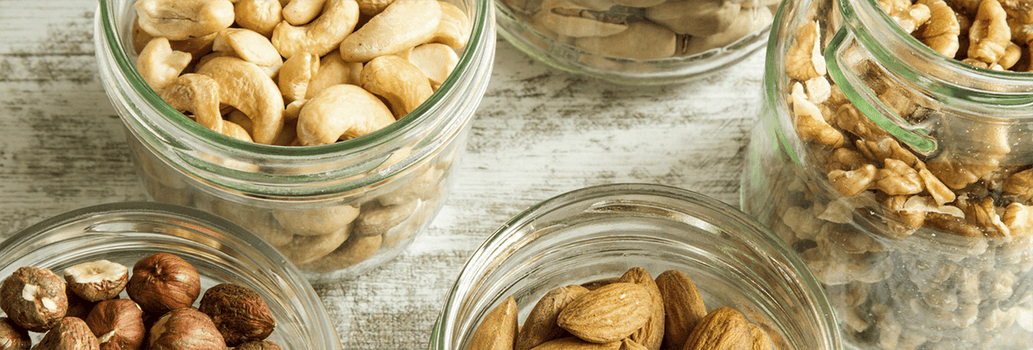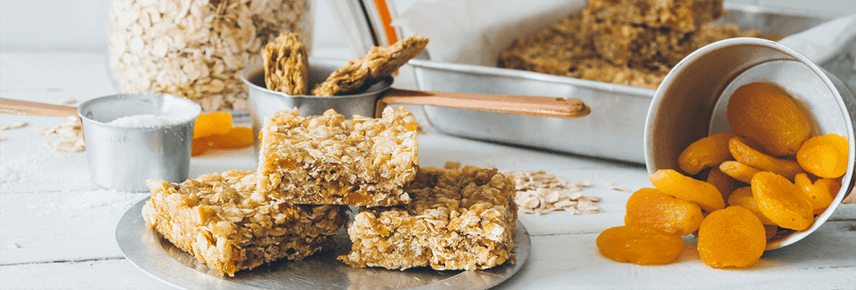Kris-Etherton PM, Hu FB, Ros E, et al. The role of tree nuts and peanuts in the prevention of coronary heart disease: multiple potential mechanisms. J Nut 2008;138(9):1746S-1751S.
Jaceldo-Siegl K, Haddad E, Oda K, Fraser GE, et al. Tree nuts are inversely associated with metabolic syndrome and obesity: The Adventist Health Study-2. PLoS One 2014;9(1):e85133.
Wu L, Wang Z, Zhu J, et al. Nut consumption and risk of cancer and type 2 diabetes: systematic review and meta-analysis. Nutr Rev 2015;73(7):409-425.
Wang W, Yang M, Kenfield SA, Hu FB, et al. Nut consumption and prostate cancer risk and mortality. Brit J Cancer 2016.
Kendall CWC, Josse AR, Esfahani A and Jenkins DJA. Nuts, metabolic syndrome and diabetes. Brit J Nut 2010;104:465-473.
Viguiliouk E, Kendall CWC, Mejia SB, et al. Effect of tree nuts on glycemic control in diabetes: a systematic review and meta-analysis of randomized controlled dietary trials. PLoS ONE 2014;9(7):e103376.
Grundy MML, Grassby, T, Mandalari G, et al. Effect of mastication on lipid bioaccessibility of almonds in a randomised human study and its implications for digestion kinetics, metabolisable energy, and postprandial lipemia. Am J Clin Nutr 2015;101(1):25-33.
Jackson CL, Hu FB. Long-term associations of nut consumption with body weight and obesity. Am J Clin Nut 2014;100(suppl):408S-411S.
- Bao Y, Han J, Hu FB, et al. Association of nut consumption and total and cause-specific mortality. New Eng J Med 2013;369:2001-2011.
Aune D, Keum N, Giovannucci E, Fadnes LT, Boffetta P, et al. Nut consumption and risk of cardiovascular disease, total cancer, all-cause and cause-specific mortality: a systematic review and dose-response meta-analysis of prospective studies. BMC Medicine 2016:14(1):207-220.

Nuts and nutrition
More in


